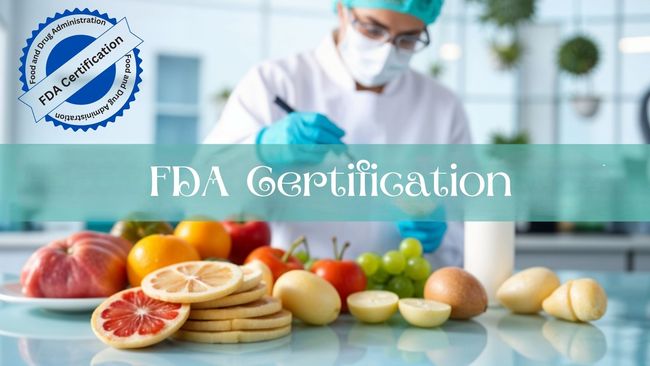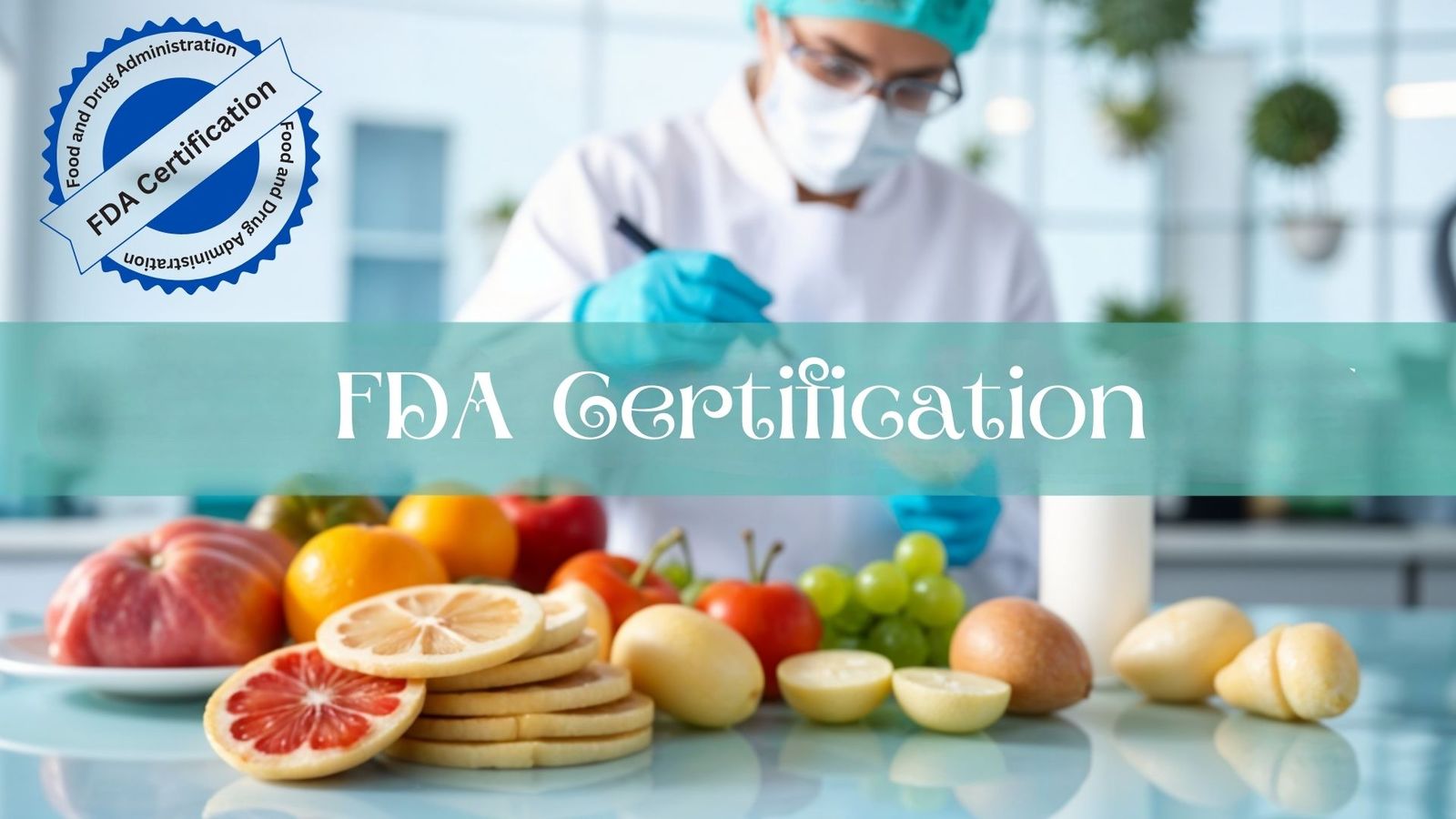FDA Certificate: Ensuring Safety and Compliance in Regulated Products
-
Dates2025 - 2025
-
Author
- Topics Archive
An FDA certificate is a critical document that demonstrates a product’s compliance with the standards set by the U.S. Food and Drug Administration (FDA). It is essential for companies involved in the production, distribution, or export of food, drugs, medical devices, cosmetics, and other regulated products. This certification serves as proof that a product is safe, properly labeled, and manufactured according to FDA regulations, providing assurance to consumers, healthcare providers, and international partners.
What is an FDA Certificate?
An FDA certificate is not a blanket approval for all products but rather a confirmation that specific products or facilities meet the relevant regulatory requirements. While the FDA does not issue certificates for every product, it does provide documentation like Certificates to Foreign Governments (CFGs), Certificates of Free Sale, and Establishment Registration confirmations. These documents are especially important for companies seeking to export products, as many countries require proof of FDA compliance before allowing imports.
Types of FDA Certificates
Different types of FDA certificates are issued depending on the product category and purpose. A Certificate to Foreign Government is used to show that a product is marketed legally in the U.S. and meets the FDA's safety standards. A Certificate of Free Sale confirms that products are legally sold or distributed in the U.S. without restrictions. For medical devices, the Device Facility User Fee (DFUF) and Registration certificate is necessary to prove that the facility is registered with the FDA and has paid applicable fees. These certificates help businesses gain access to international markets and ensure smooth regulatory inspections.
Application Process for FDA Certification
Obtaining an FDA certificate involves submitting detailed information to the FDA, including product descriptions, manufacturing practices, labeling compliance, and evidence of registration or approval, depending on the product type. For medical devices, for example, companies must register their establishment, list their devices, and sometimes submit premarket notifications (510(k)) or approvals (PMA). The FDA reviews the information and issues the relevant certificate if all criteria are met. Some certificates can be requested online through the FDA’s official portal.
Benefits of FDA Certification
Holding an sertifikat fda enhances a company’s credibility and opens up broader market opportunities, especially for exports. It assures consumers and global regulators that the products meet stringent U.S. standards for safety, quality, and efficacy. In competitive markets, FDA certification can provide a significant advantage by establishing trust and reliability. It also reduces the risk of legal or regulatory action and facilitates smoother customs clearance and product acceptance abroad.
Conclusion
An FDA certificate is a vital credential for companies operating in FDA-regulated industries. It ensures that products meet safety and quality standards while enabling access to both domestic and international markets. By obtaining FDA certification, businesses not only demonstrate compliance but also reinforce consumer confidence and regulatory trust in their offerings.

